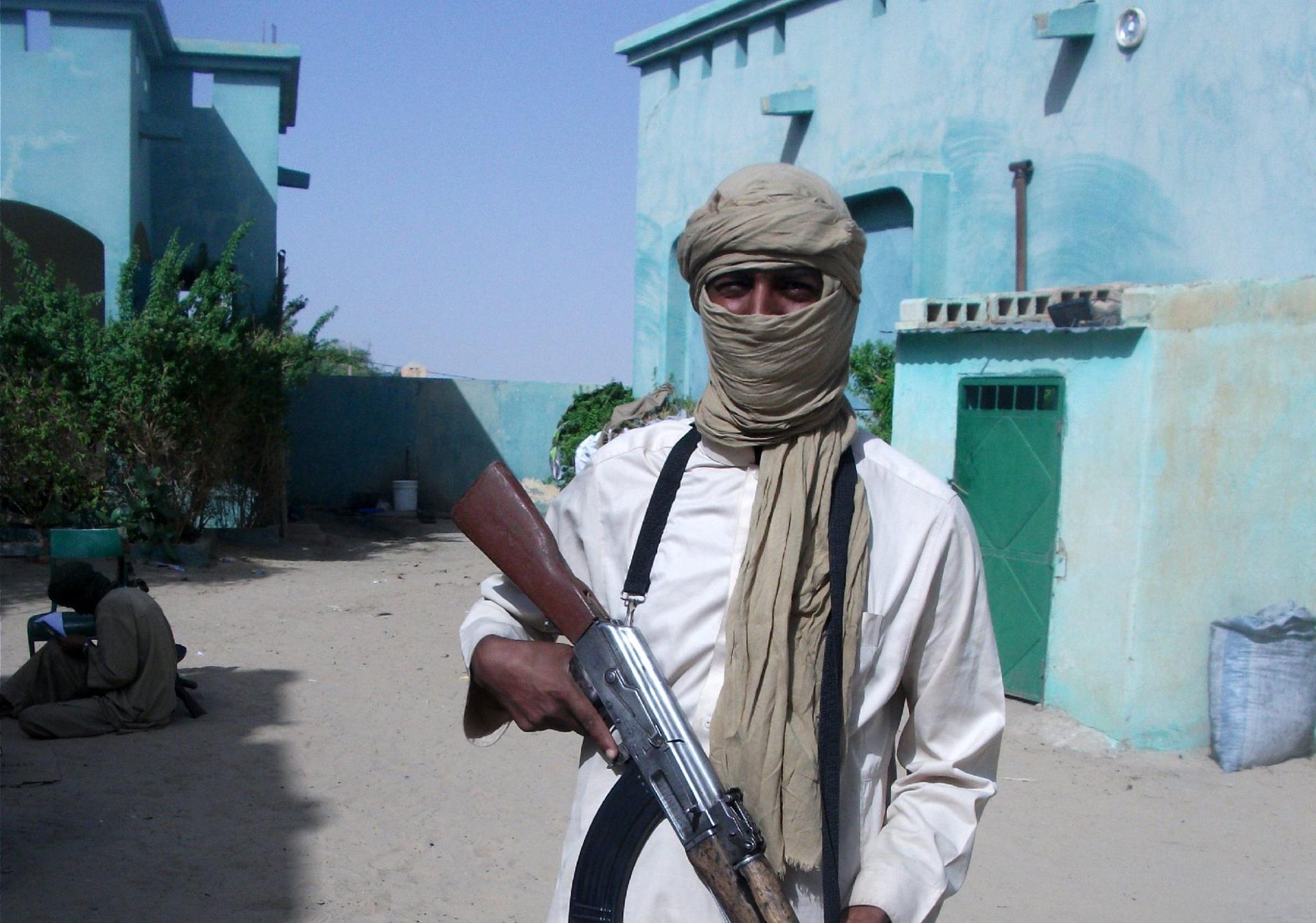YAOUNDÉ, Cameroon – A Catholic charity that supports persecuted Christians around the world has identified the spread of terrorism and Islamic extremism in the African region of the Sahel as a cause of “great suffering and pain” for Christians on the continent.
In a report published June 20, detailing how money raised in 2023 was spent, Aid to the Church in Need said it wants to step up assistance to the Sahel region “where jihadist terrorism is spreading and where Christians are facing increasing suffering from the violence.”
According to the Global Terrorism Index, terrorism-related deaths in the Sahel accounted for 35 percent of the global total in 2021, up from just 1 percent in 2007. The index reports that in Burkina Faso, 732 people were killed in 2021, 574 were killed in Mali and 588 in Niger.
Aid to the Church in Need, a papally-sponsored charitable foundation, reported that it raised $160 million last year from 360,000 benefactors in 23 countries. No funds came from governments.
The charity says Africa was the largest beneficiary, getting over 30 percent of the proceeds, not only due to the spread of terrorism but also as a result of the continent’s share of the global Catholic population.
“Africa is home to approximately one in every five Catholics, one in every eight priests, one in every seven female religious, and almost a third of seminarians in the world,” said the executive president of ACN International, Regina Lynch.
According to figures released by the Vatican covering the year 2021, Africa has 256 million Catholics, representing about 18 percent of the continent’s population. That is 5.2 million more than in 2020.
The continent also churns out the highest number of priests and is the only continent where the number of seminarians, meaning future priests, is increasing.
“At the regional level, Africa received the most support, with almost a third of resources, or 31.4 percent, set aside for projects in the continent.”
Much of the aid channeled to Africa was spent on projects in the Democratic Republic of Congo, Nigeria and Burkina Faso, all of which are countries where terrorism and Islamic extremism have decimated churches and made life increasingly tenuous for Christians.
Since 2015, Burkina Faso has become a hotspot for violent extremism, forcing over a million people to flee from their homes. Countless parishes have been deserted and more than 1,000 schools have been closed. Since 2019 insurgents also have been targeting churches, with religiously-motivated terror affecting six of the country’s fifteen Catholic dioceses.
In Nigeria, the International Society for Civil Liberties and Rule of Law (Intersociety) reports that from July 2009 to July 2021, about 17,500 churches and 2,000 Christian schools had been destroyed by terrorists.
Aid to the Church in Need says it spends much of its money in rebuilding destroyed churches and schools, but also on daily needs such as Mass stipends for priests. The charity says it provided about 1.75 million Mass stipends to 40,767 priests in 2023.
Africa received 36.2 percent of all funds going to this purpose.
“Statistically, this means that one in every 10 priests in the world received support from ACN and that every 18 seconds a Mass was celebrated somewhere around the world for the intentions of ACN benefactors,” the June 20 report states.
The Charity in addition supported the formation of nearly 11,000 seminarians in 2023, accounting for one in every 10 in the world, with 5,793 coming from Africa – a continent the charity now says is home to “ the highest number of priestly vocations in the world.”
“In 2023, there were almost one thousand construction projects, one third of which involved churches and chapels. The remaining amount went to the renovations of convents, seminaries, parish houses and pastoral centers,” the charity said.
The ACN notes that for its benefactors to have raised a whopping $160 million is nothing short of “a miracle.”
“From a purely human perspective, one cannot commit to helping without having first secured funds, but since we believe in divine providence, we have been doing so since 1947,” Lynch said.















